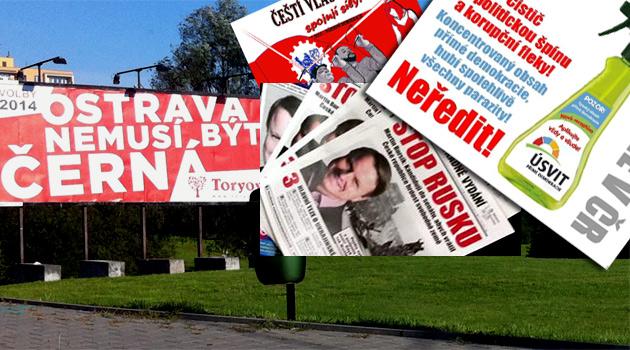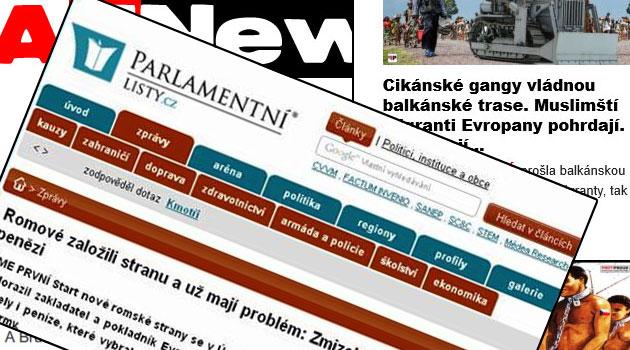Inspiration from Sweden could aid Czech Republic with combating disinformation

The elections to the European Parliament are approaching and it is appropriate to seriously discuss the risk posed by disinformation and other attempts to influence the election outcomes. The Brexit referendum and the US presidential election of 2016 demonstrate that this is far from a hypothetical risk.
Czech authorities and EU institutions have begun to prepare for the possibility that disinformation will be disseminated in association with the elections, as have candidates, civil society and researchers. This is yet another good opportunity to be inspired by examples of good practices, and one demonstration of such careful preparations are the measures against disinformation adopted last year in Sweden ahead of the elections to Parliament there.
Hotline to Facebook
Swedish state institutions began to address the possibility that the elections could become targeted by a disinformation campaign one year before they were held. Representatives of the intelligence services regularly met with the campaign teams of all the political parties represented in Parliament to provide them with information and recommendations about their security.
The Swedish Minister for Digitalization met with Facebook representatives during a visit to Silicon Valley and achieved the establishment of a “hotline” that state institutions are able to use to report fake accounts disseminating disinformation. The company itself began to collaborate with a team of fact-checkers and, on the basis of their recommendations, reduced the reach of the disinformation discovered.
The most important role in combating disinformation, however, was played by the Swedish Civil Contingencies Agency, an institution that is part of the Interior Ministry and tasked with protecting the population against crises of various kinds. That institution, in collaboration with researchers from the University of Lund, prepared a comprehensible, easy-to-read manual presenting the issue of disinformation to lay people and including specific recommendations on how to expose it for what it is.
That material served as the basis for trainings given to about 10 000 members of the state administration before the elections. All of these measures were maximally transparent.
The Swedish intelligence service also published a statement before the elections describing their findings about disinformation. A key role was played by political support as well – the Swedish Prime Minister made a speech in February 2018 telling those who were planning attacks that each and every attempt to interfere with the elections would be investigated and punished.
Don’t rely on luck
In addition to state institutions, the media also thoroughly prepared themselves for the elections, launching the Faktis project, through which editors shared their capacities for fact-checking information associated with different campaigns. While their attempts were supported by a state grant, the media remained independent – refusing, for example, the information briefings offered by state institutions.
In addition to these short-term measures, Sweden has also adjusted its curriculum to include digital literacy as a new element. During the elections, not much disinformation ultimately appeared, which may even be thanks to the measures adopted and the thorough preparations.
The Swedish example is worth following. The state began to prepare for the potential threat in time, openly communicated about its steps with the public (and with any eventual attackers, therefore), did its best to involve stakeholders from different areas and did not forget about long-term solutions.
Just like the Swedes, we Czechs should not underestimate the risks posed by the disinformation that could appear prior to the elections to the European Parliament this year. We cannot afford to just rely on luck.
First written for the Institute of Independent Journalism, an independent nonprofit organization and registered institute involved in providing information, news reporting an journalism. The Institute’s analyses, articles and data output are available to all for use under prearranged conditions.
